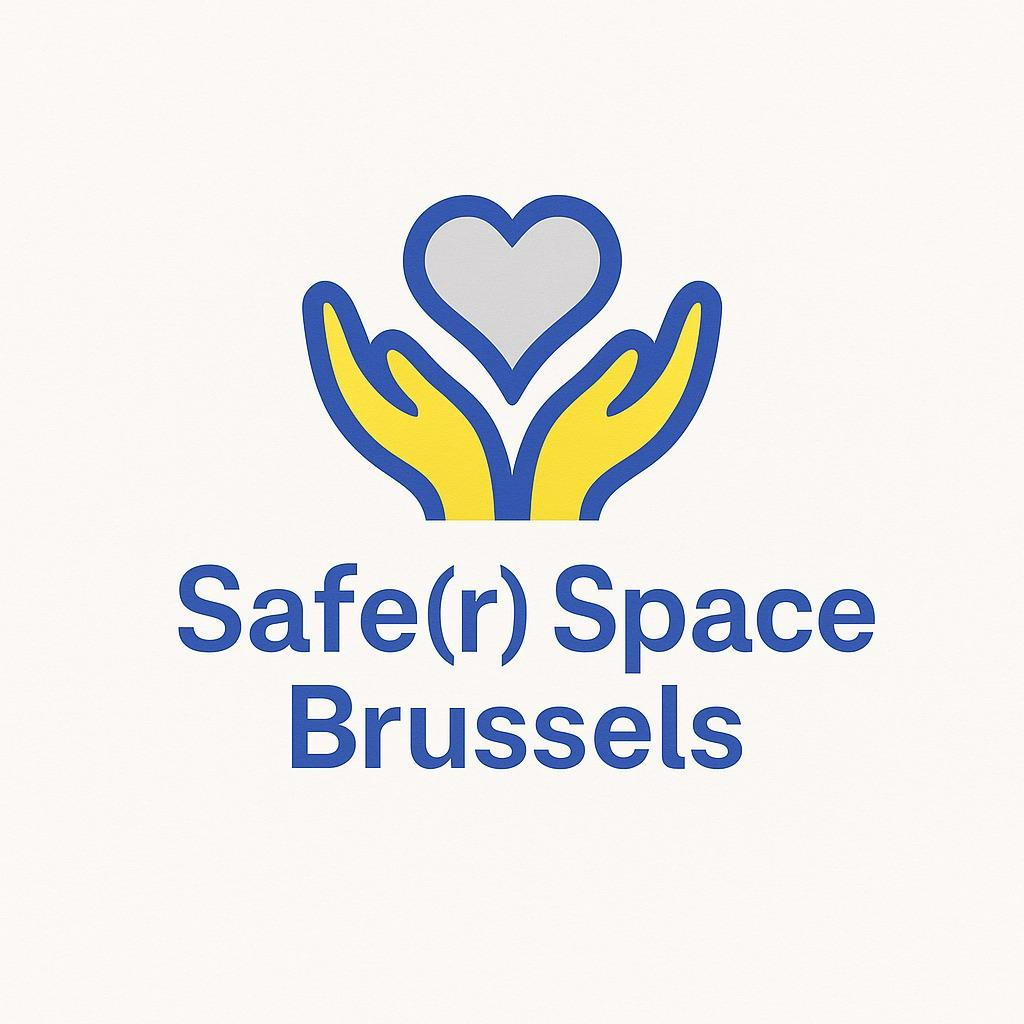By Eda & Sarah, for Blues Remix 2025
Across Europe, swing & blues dance festivals have been developing Codes of Conduct and Safe Space Teams to respond to issues of harassment, bullying, or abuse. In Brussels, work has been ongoing on safe(r) spaces for many years, but with a change in approach in the past couple of years, as cases have started to come to us outside of the festival space. Most cases have reached us in the context of upcoming festivals, when dancers or survivors signaled concerns about someone’s past behaviour and their participation in an event. While these situations are never easy, they have shown how important it is to have some kind of process in place.
At the moment, this work is carried out by a small volunteer team with some training and professional experience. The team is not a “moral police,” but rather a first point of contact, first-aid on listening, taking complaints seriously, and considering what steps can reasonably be taken in each case.
As Tarana Burke, civil rights activist and founder of the #MeToo movement, has said:
“ ‘Believe women’ or ‘believe survivors’ is not just like, ‘Believe us at all costs, don’t investigate,’ you know, ‘If I say it, it’s true.’ It is—let’s start with a premise that people aren’t lying and at least give them the respect of interrogating what they’re saying.”
And as researcher Brené Brown reminds us in her work on community trust:
“Toxic positivity erodes genuine connection. Real belonging only grows where people are allowed to speak hard truths and still be held with respect.”
These principles underpin the work: start from belief, take concerns seriously, and avoid brushing them aside with “everything is fine.” Credibility in a community depends on facing problems honestly, not covering them up.
The framework is still a work in progress. Each new case raises fresh questions and forces the team to adapt. For now, the aim is to provide a structure that supports survivors, helps organisers respond responsibly, and moves the community toward greater accountability.
Longer-term, the ambition is to share clear guidelines with schools, event organisers, and dancers, so that responsibility for safer spaces becomes collective rather than resting on a handful of volunteers.
This work is far from finished, but it is underway. And it matters because a dance community is at its best when people can take part with trust, respect, and a sense of belonging.

